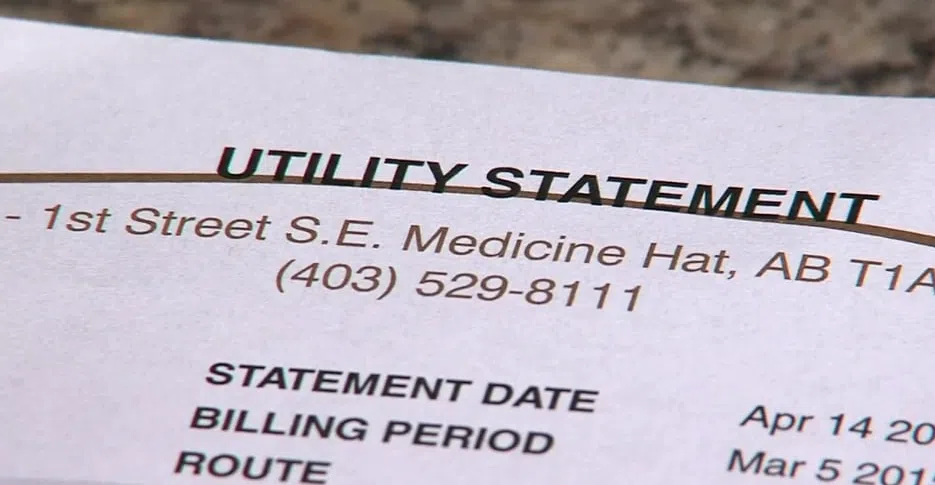
Province and City of Medicine Hat negotiating electricity rate cap
MEDICINE HAT, AB — The Alberta government has announced plans to cap the price utility customers in the province pay on Tuesday.
If passed, the Act to Cap Regulated Electricity Rates would ensure residents, farms and small businesses who have Regulated Rate Options (RRO) would not pay more than 6.8 cents per kilowatt hour.
The program would come into effect on June 1, 2017 and run until May 31, 2021.
